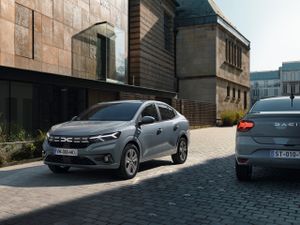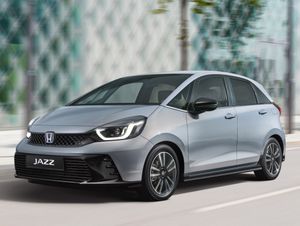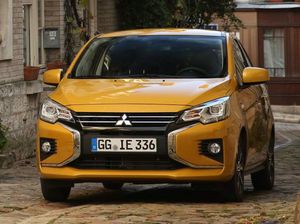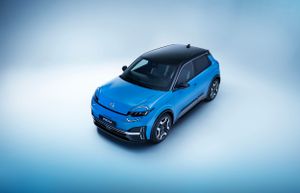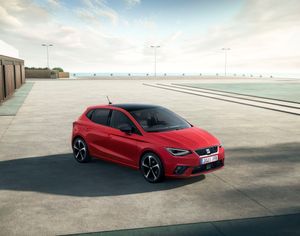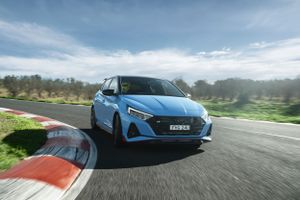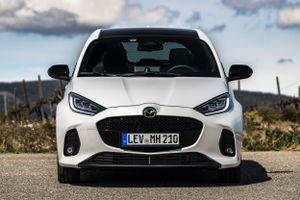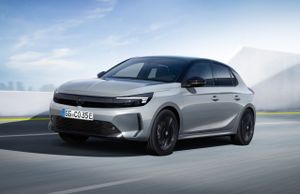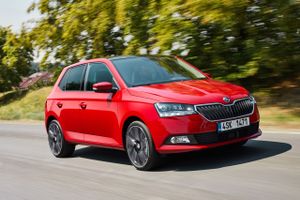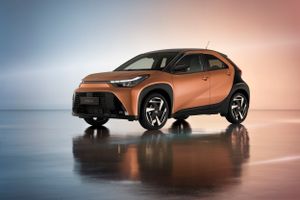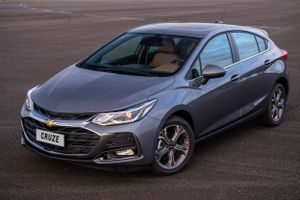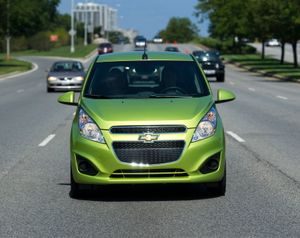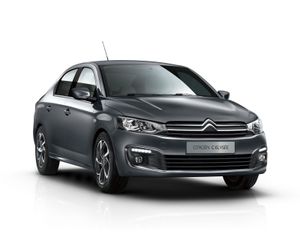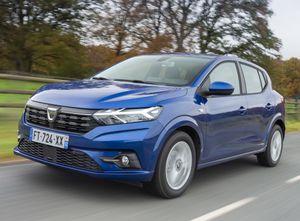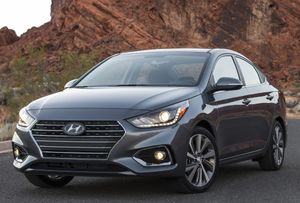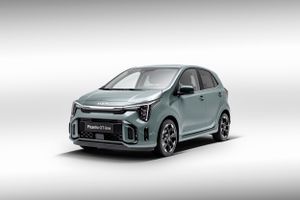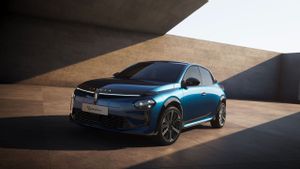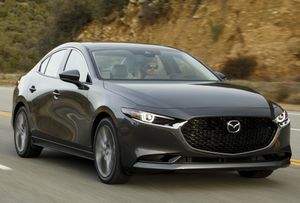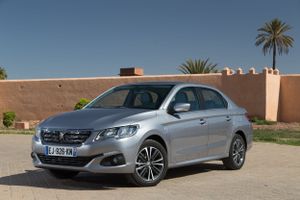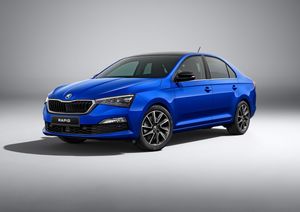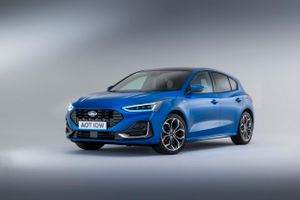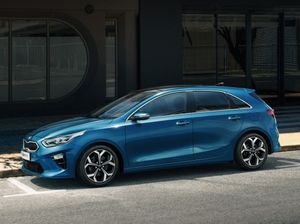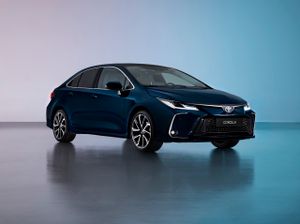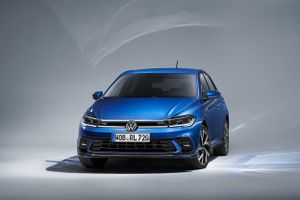Comparison of Hyundai i20 and Kia Rio
Comparison of Hyundai i20 and Kia Rio
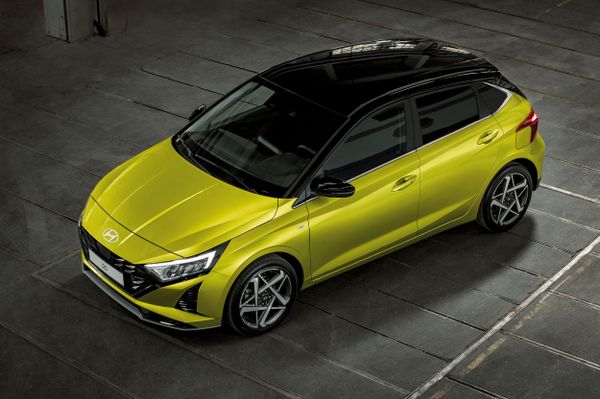
Hyundai i20
Price not determined
No one is selling yet
Kia Rio
Price not determined
No one is selling yet
Characteristics
Hyundai i20 and Kia Rio
Transmission
Robotic
Robotic
Number of gears
6
7
Type of drive
FWD
FWD
Top speed
185 km/h
193 km/h
Acceleration to 100
11.4 sec
10.3 sec
Fuel tank capacity
40 l
45 l
Curb weight
1 130 kg
1 255 kg
Max weight
1 630 kg
1 650 kg
Length
4 065 mm
4 420 mm
Width
1 775 mm
1 740 mm
Height
1 450 mm
1 470 mm
Wheelbase
2 580 mm
2 600 mm
Front track width
1 545 mm
1 516 mm
Rear track width
1 549 mm
1 524 mm
Trunk volume min
352 l
450 l
Trunk volume max
1 165 l
900 l
U-turn diameter
10.2 m
Wheel size
195/55 R16
215/45 R17
215/45 R17
195/55 R16
Fuel consumption city
8 l
Fuel consumption highway
4.8 l
Average consumption
5.9 l
6 l
ECO class
Euro 5
CO2 emissions
110 g/km
Engine type
Gasoline
Gasoline
Engine location
Front, transverse
Engine power system
Direct injection (direct)
Direct injection (direct)
Engine capacity
998 cm³
1598 cm³
Type of boost
Turbo
Turbo
Cylinder arrangement
Inline
Inline
Number of cylinders
3
4
Valves per cylinder
4
4
Compression ratio
10.5
11.2
Bore and stroke
71 x 84 mm
75.6 x 89 mm
Maximum power
100 (73 ) 4500-6000
120 (88 ) 6300
Maximum torque N⋅m
172 1500-4000
152 4500
Front suspension
Independent, spring
Independent, spring
Rear suspension
Semi-independent, springorts hélicoïdaux, sem
Independent, spring
Front brakes
Ventilated disc
Disс
Rear brakes
Disс
Disс
Trim version
Hyundai i20 and Kia Rio
Driver's airbag
Passenger airbag
Side front airbags
Window airbags (curtains)
Driver drowsiness detection
Tire pressure sensors
Keyless central locking
Immobilizer
Rear-view camera
Isofix for the back row
Cruise control
Cruise control
Cruise control
Anti-lock braking system (ABS)
Electronic stability program (ESP)
Emergency brake assist (BAS, EBD, EBA)
Collision avoidance system
Lane departure warning system
Pedestrian detection system
Cyclist detection system
Rear occupant alert system
Hill start assist (HAS)
Automatic slip regulation (ASR)
Hill descent control (HDC)
Drive mode selection system
12V
Carplay
Android Auto
USB-C
AUX
USB
Bluetooth
Sound
Audio system
Audio system
Speakers
6 speakers
4 speakers
Third rear headrest
Leather gear shift
Leather steering wheel
Tinted glass
Power window
Seat trim
Fabric seats
Steering wheel height adjustment
Steering wheel reach adjustment
Power steering
Power steering
Rear parking sensors
Air conditioner
Air conditioner
Single-zone climate control
On-board computer
Power mirrors
Multifunction steering wheel
Power folding mirrors
Donut tire
Daytime running lights
Light sensor
Fog lamp
Diameter
R15
R15
Material
Steel
Alloy
Photos
Hyundai i20
Kia Rio
Comparison of Hyundai i20 with other cars
Comparison of Kia Rio with other cars
Today on the Market

Hyundai i20, 2022
₪ 84 900
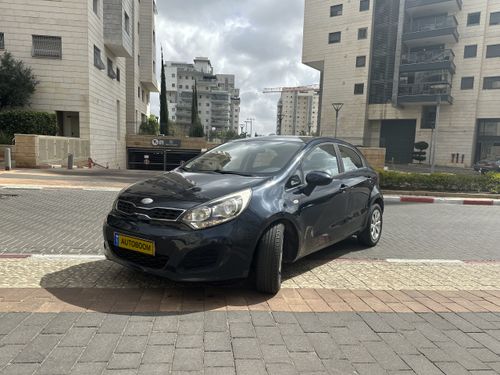
Kia Rio, 2013
₪ 16 500
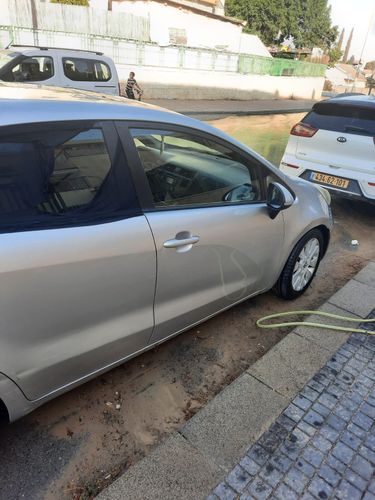
Kia Rio, 2012
₪ 23 000
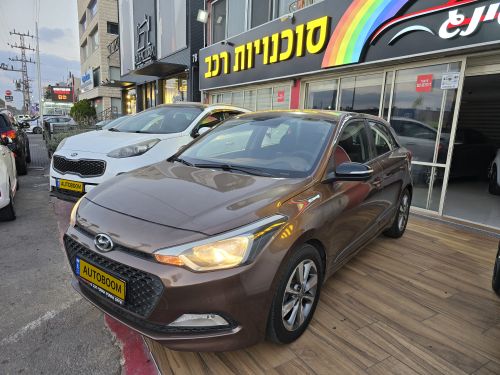
Hyundai i20, 2016
₪ 38 700
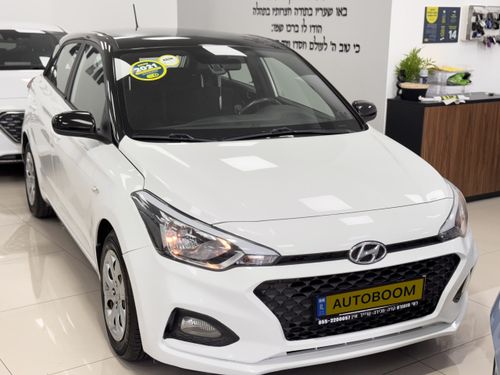
Hyundai i20, 2021
₪ 69 000
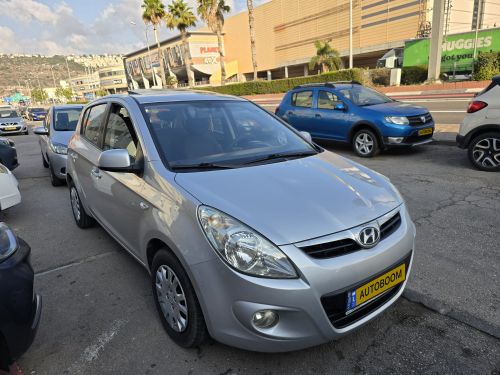
Hyundai i20, 2009
₪ 17 700
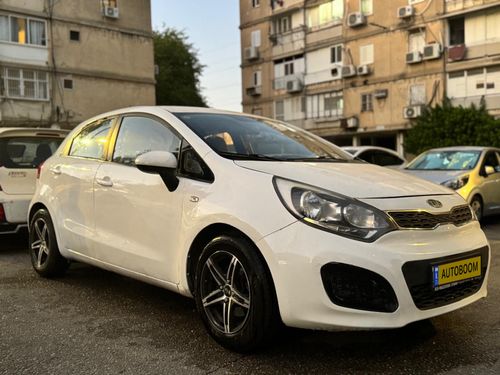
Kia Rio, 2013
₪ 20 000
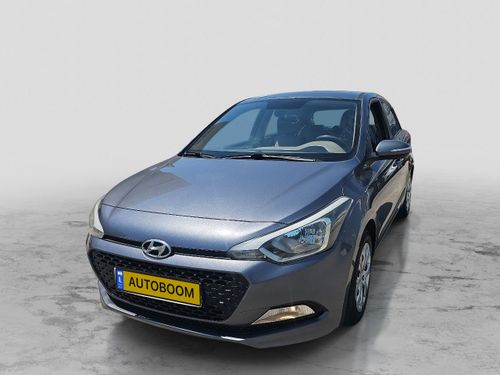
Hyundai i20, 2015
₪ 38 145
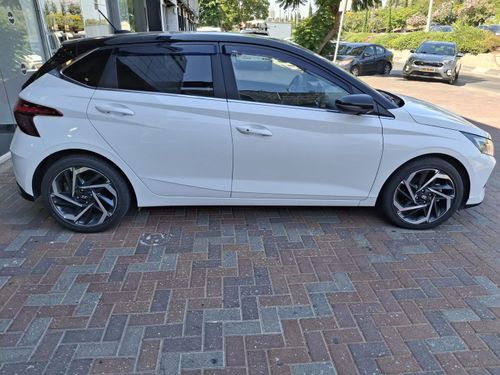
Hyundai i20, 2023
₪ 106 455
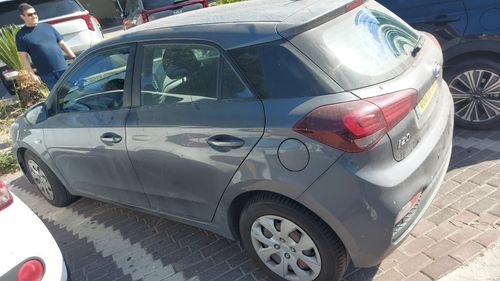
Hyundai i20, 2021
₪ 79 240
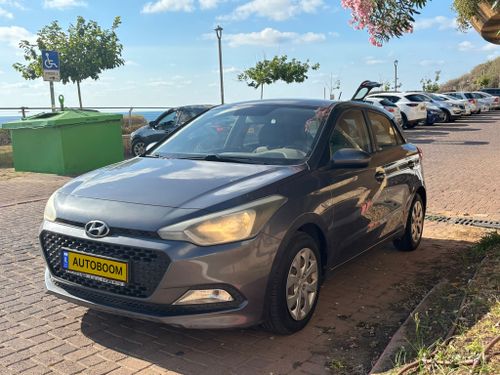
Hyundai i20, 2015
₪ 26 000
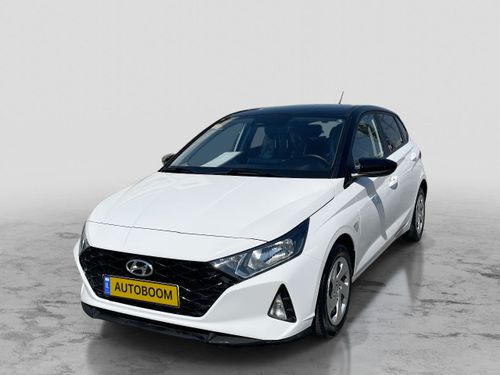
Hyundai i20, 2021
₪ 88 535
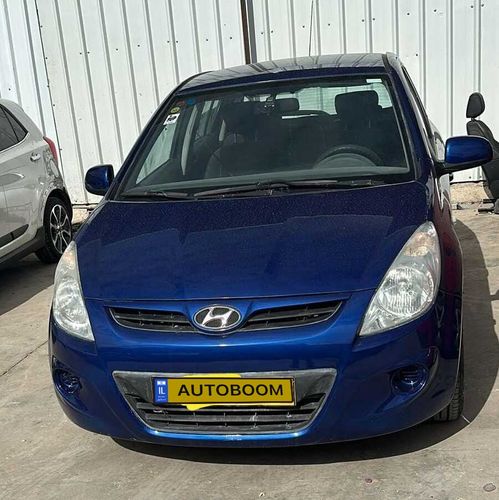
Hyundai i20, 2012
₪ 20 000
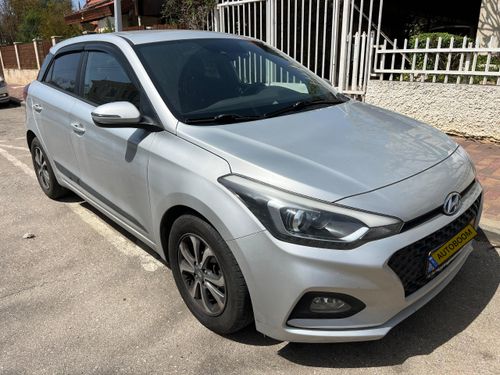
Hyundai i20, 2021
₪ 82 500
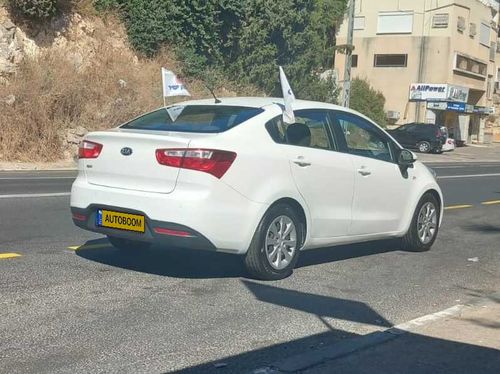
Kia Rio, 2014
₪ 15 000
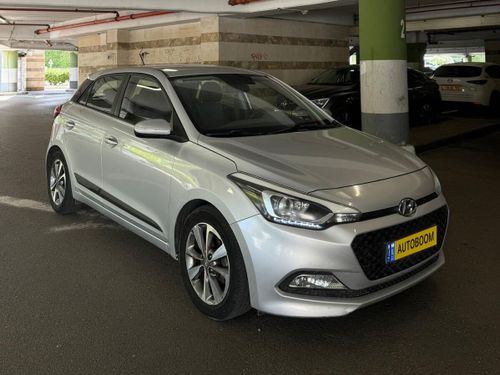
Hyundai i20, 2015
₪ 42 000
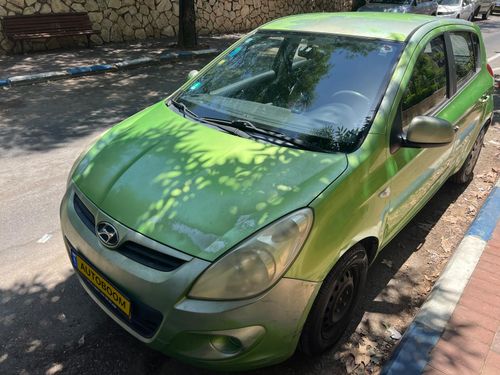
Hyundai i20, 2010
₪ 27 000
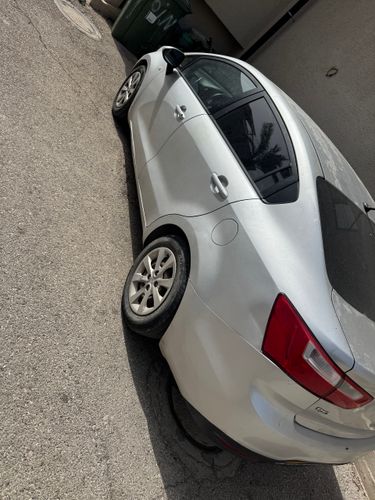
Kia Rio, 2012
₪ 9 000
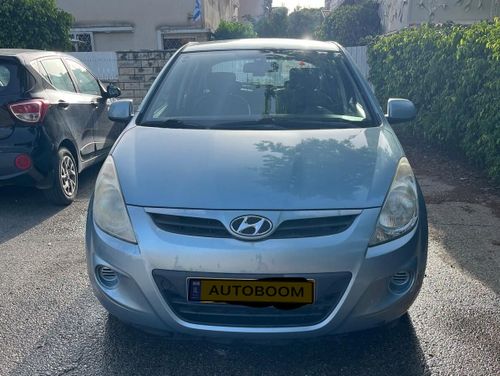
Hyundai i20, 2012
₪ 14 000
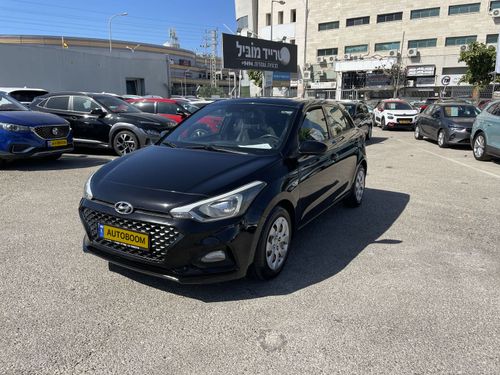
Hyundai i20, 2021
₪ 71 995
Compare similar cars Hyundai i20 and Kia Rio
Hyundai i20 and Kia Rio are two popular cars, each with its own unique advantages and features. The choice between Hyundai i20 and Kia Rio depends on the driver's needs and preferences.Hyundai i20 and Kia Rio are two popular cars, each with its own unique advantages and features. The choice between Hyundai i20 and Kia Rio depends on the driver's needs and preferences.
